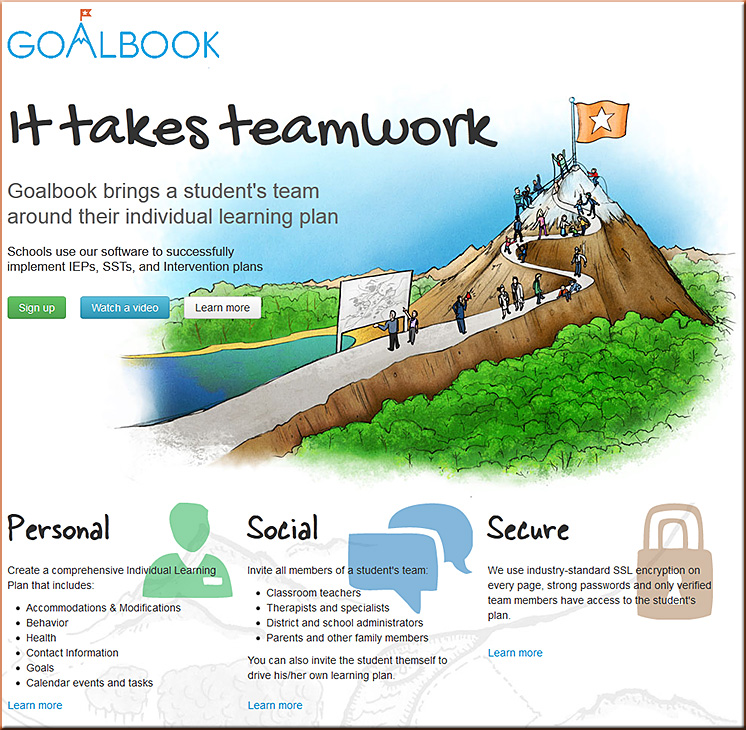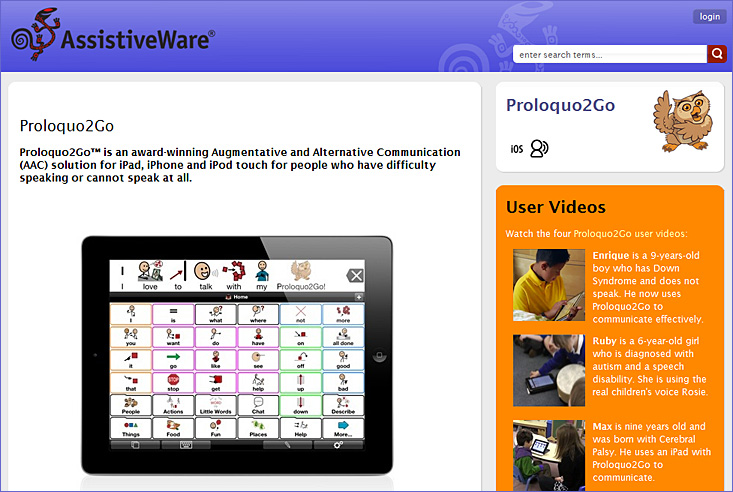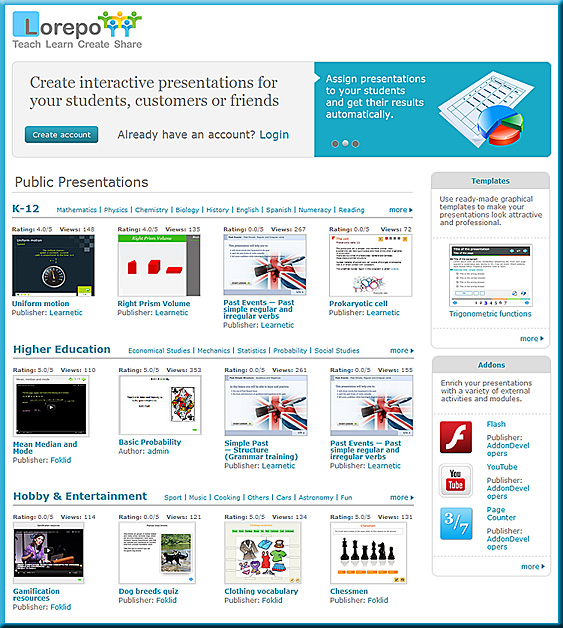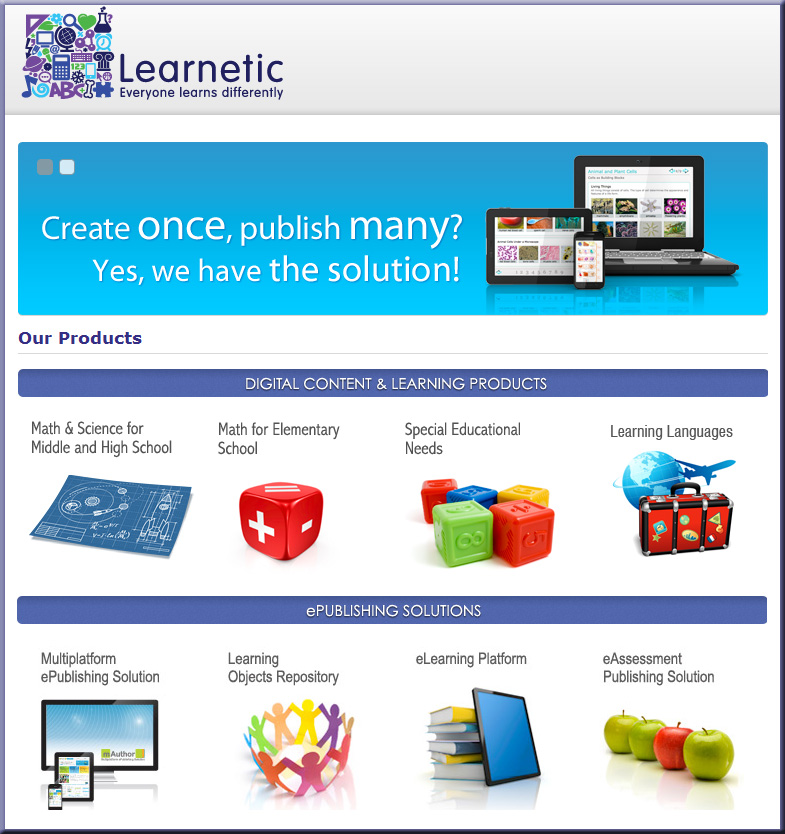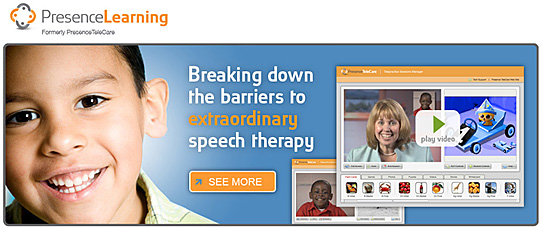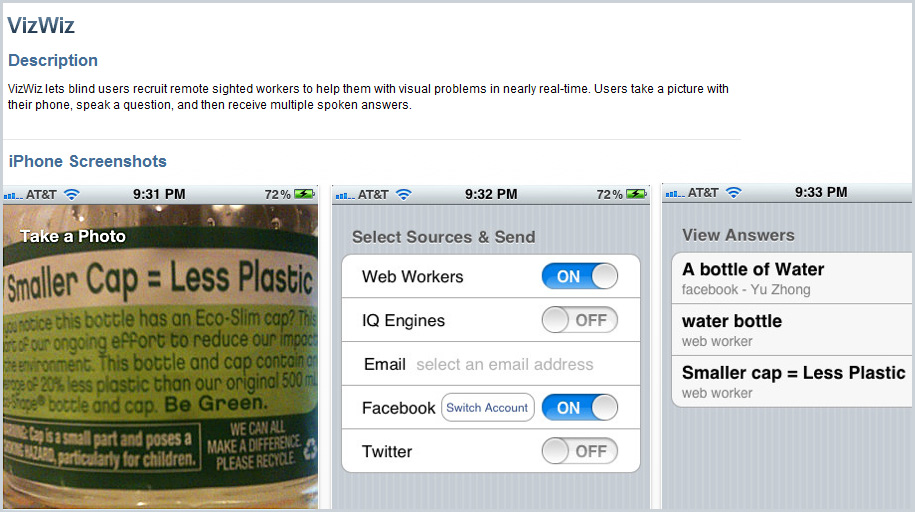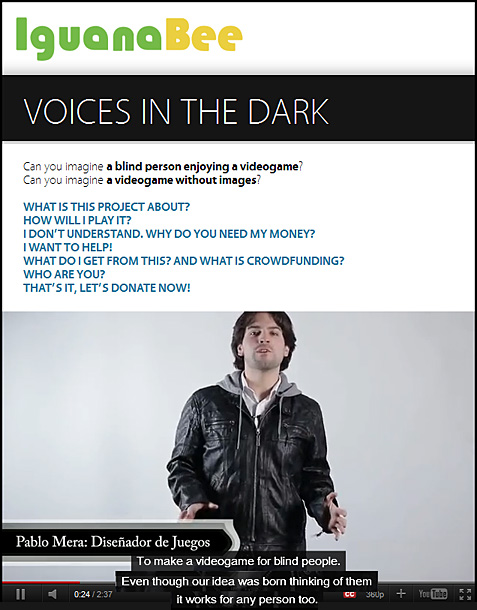Special Education 101 Infographic
Excerpt:
…we would like to present the following infographic as an introduction to this rapidly growing field. It provides an overview of what special education is, how students are referred for special education services and definitions of acronyms common to the field, like “IEP” (or “Individualized Education Program”), along with much more.
Although special education began in the 1950s as a movement to win individuals with disabilities a free and quality education, it has today come to embrace the ideal of inclusion, with many students with disabilities being taught in general classrooms alongside their non-disabled peers. Thus, as fully inclusive classrooms become more of a reality, all prospective teachers can benefit from a better understanding of the basics of special education. The number of students receiving special education services is also steadily on the rise, so now is certainly the time to start learning more about the field.









